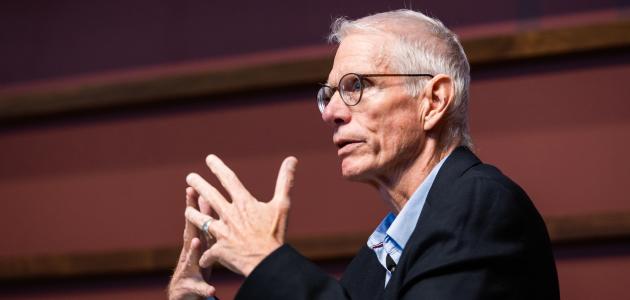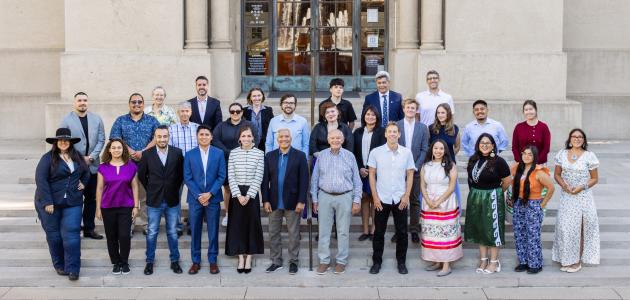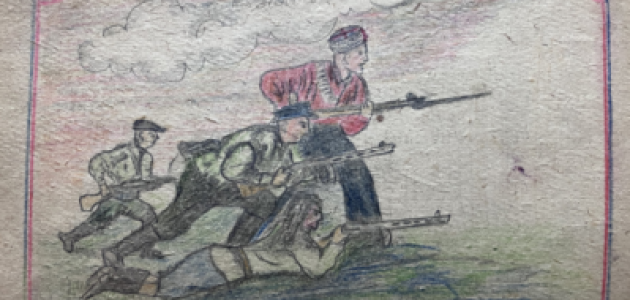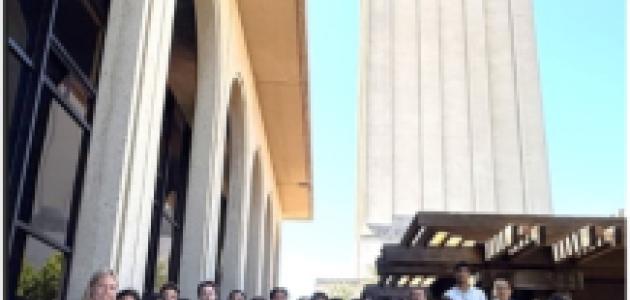
To join the Liberating Learning website as a project writer for the State Politics & Online Education section, e-mail the Liberating Learning editor at liblearn.editor@gmail.com. In this section, experts and reformers, including parents, educators, academicians, and policymakers, are being solicited to share their knowledge about each state and the politics of education and technology.
The beginning of a new school year evokes memories of many classrooms with neatly ordered desks, dusty chalkboards, and a teacher standing at a lectern taking attendance. For more and more of today’s students, however, their memories of “school” may be radically different. Virtual education, whereby teachers provide long-distance instruction to students, offers a new approach that enables students to learn using computers and other media, whether inside or outside the traditional school setting.
This revolution in information technology has captured the imagination of leading educators, who view it as an opportunity to improve the education of students across America. Hoover fellows Terry Moe and John Chubb, coauthors of Liberating Learning: Technology, Politics and the Future of American Education (Jossey-Bass, 2009), are exploring the politics and policies of virtual education with a new website, also titled Liberating Learning.
In their book, Moe and Chubb, who are both members of the Hoover Institution’s Koret Task Force on K–12 Education, look at the nation’s educational future, showing how the ideas and innovations of technology will ultimately transform the public schools—benefiting both the nation and its children—and how learning will be liberated from the special interests and the current orthodoxies that dictate educational instruction. “We show that the revolution in information technology, which for some years has been transforming the fundamentals of human society throughout the world, is also destined to transform the nation’s schools,” says Moe.
Moe notes that, even in the early stages, curricula can be customized to the learning styles and life situations of individual students, providing them with immediate feedback and allowing the students to determine their pace of learning. In addition, education can be freed from socioeconomic considerations, including geography. Technology also allows parents to follow along with the curriculum and be aware of what their children are studying. Moe also points out the cost-effectiveness of virtual education: education can substitute technology (which is cheap) for labor (which is expensive) and thus take advantage of the key engine of productivity that has long driven progress in other sectors of the economy.
Building on ideas discussed in the book, the Liberating Learning website focuses on the politics and policy of virtual education projects in grades kindergarten through twelve. The website emphasizes news, opinion, and context about the virtual education movement.
Updates on the virtual education movement from each state and the District of Columbia as well as daily developments are also tracked on the homepage in the News Roundup section.
The Liberating Learning Blog provides a platform for contributors and others to speak to the politics of technology and education and, at the same time, build a network of people involved in making technology available to students. Five of the nation’s top education policy theorists--Lisa Graham Keegan, Tom Vander Ark, Sandy Kress, Christina Martin, and Michael B. Horn--have signed on as contributors.
Providing context by weaving a cohesive view from the news and opinions regularly posted on the site is the goal of Battleground and Spotlight features. Battleground provides an in-depth look at the political battle over virtual education in a single state; Spotlight delves into trends that surround online education.
The centerpiece of the website is the State Politics & Online Education section. A map of the United States on the homepage allows viewers to click on any state and read about the most recent development on the virtual education movement in that state.
Experts and reformers, including parents, educators, academicians, and policymakers, are being solicited to share their knowledge about each state and the politics of education and technology (see sidebar). They will post their insights “wiki-style,” through a collaborative style of continuous updating by knowledgeable participants with approved access to the site. The state-by-state wiki offers readers a national view of the virtual education movement. At the same time, it enables contributors to network with other activists around the country.
Twitter is also being put to use, with daily postings designed to build a Liberating Learning community.
“The aim of the Liberating Learning website is to serve as a resource for people who want to find out about education technology, its enormous benefits for students and schools, and what is happening in the political process to advance—or resist—its progress,” said Moe. Technology, a growing force in education, gets a boost up from this exciting new website.












